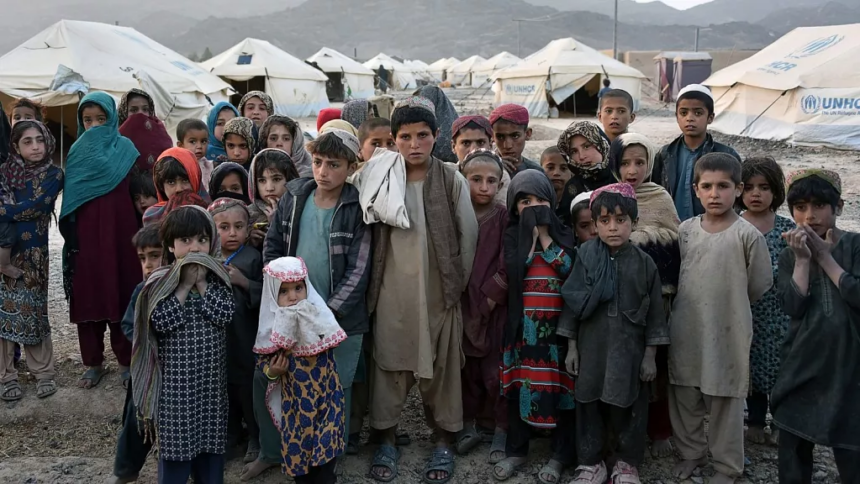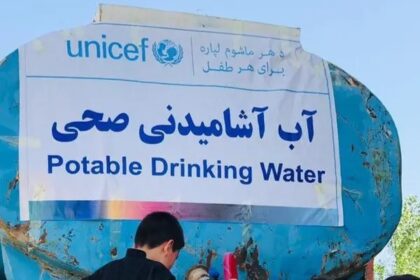RASC News Agency: On Tuesday, May 13, 226 Afghanistani families totaling 1,269 individuals were forcibly repatriated to Afghanistan via the Spin Boldak border crossing, further amplifying the intensifying crisis of unplanned, unsupported returns in the country. Among the returnees were 51 former detainees who had completed prison sentences in Pakistan and were subsequently deported without due legal process, reintegration planning, or humanitarian oversight a move that raises serious questions about international human rights violations and the complicity of the Taliban regime in abandoning its citizens. This influx, like many before it, unfolded under grim and degrading circumstances. The returnees many of them women, children, and elderly entered Kandahar with no possessions, no shelter, and no guarantees for survival. Their faces told stories of hunger, despair, and fear, while their futures appeared utterly uncertain in a homeland devastated by economic collapse and governed by a regime that has shown little capacity or will to address even the most basic human needs.
Women clutching malnourished infants, elderly men dragging worn-out belongings, and children with sunken eyes and torn sandals trudged into a country that offers them no roadmap, no assistance, and no protection. The absence of any formal government reception, resettlement program, or social services has left these families abandoned in the face of a worsening humanitarian storm. The return comes amid Afghanistan’s spiraling crises: a shattered economy, record-high unemployment, widespread food insecurity, and the near-total evaporation of international aid. Under Taliban rule, institutions once responsible for managing displacement and migration have been gutted, silenced, or replaced by ideologically driven functionaries with neither experience nor accountability. The result is a governance vacuum in which the most vulnerable especially forcibly returned migrants are left to suffer in silence.
Data released by the Kandahar Directorate for Refugees indicates that since the beginning of April, more than 8,000 Afghanistani families have been expelled from Pakistan, many of them under coercive conditions and in direct violation of international conventions on the treatment of refugees and asylum seekers. These mass deportations, often carried out with little warning or coordination, have placed immense pressure on already overstretched communities in Afghanistan’s southern provinces. Yet the Taliban administration, while eager to project an image of control and legitimacy abroad, has made no visible effort to manage the fallout from this humanitarian influx. No temporary housing, food assistance, or medical care has been offered. No coordination with NGOs or UN agencies has been pursued. Instead, returnees are abandoned to makeshift shelters, open fields, or overcrowded informal settlements with no clean water, electricity, or sanitation.
International rights groups and aid agencies have issued urgent calls for intervention, warning that Afghanistan is on the brink of another humanitarian catastrophe one compounded by institutional collapse, political isolation, and the regime’s deliberate suppression of civil society. Without an immediate, coordinated response from the international community, tens of thousands more returnees risk falling into the abyss of starvation, disease, and social exclusion. The deportation of prisoners, in particular, underscores a disturbing new pattern: the criminalization of Afghanistani migrants abroad and the Taliban’s inability or unwillingness to advocate for their rights. These individuals are being returned not as rehabilitated citizens, but as castaways in a state that treats them as liabilities rather than compatriots.
In the shadows of Kandahar, the unfolding scenes are a devastating indictment of both regional hostility and Taliban indifference. The faces of the returnees sunburnt, tear-streaked, and hopeless are a mirror reflecting the brutal convergence of external rejection and internal abandonment. As the world looks away, Afghanistan’s dispossessed return home not to healing, but to a homeland governed by silence, neglect, and growing despair.






